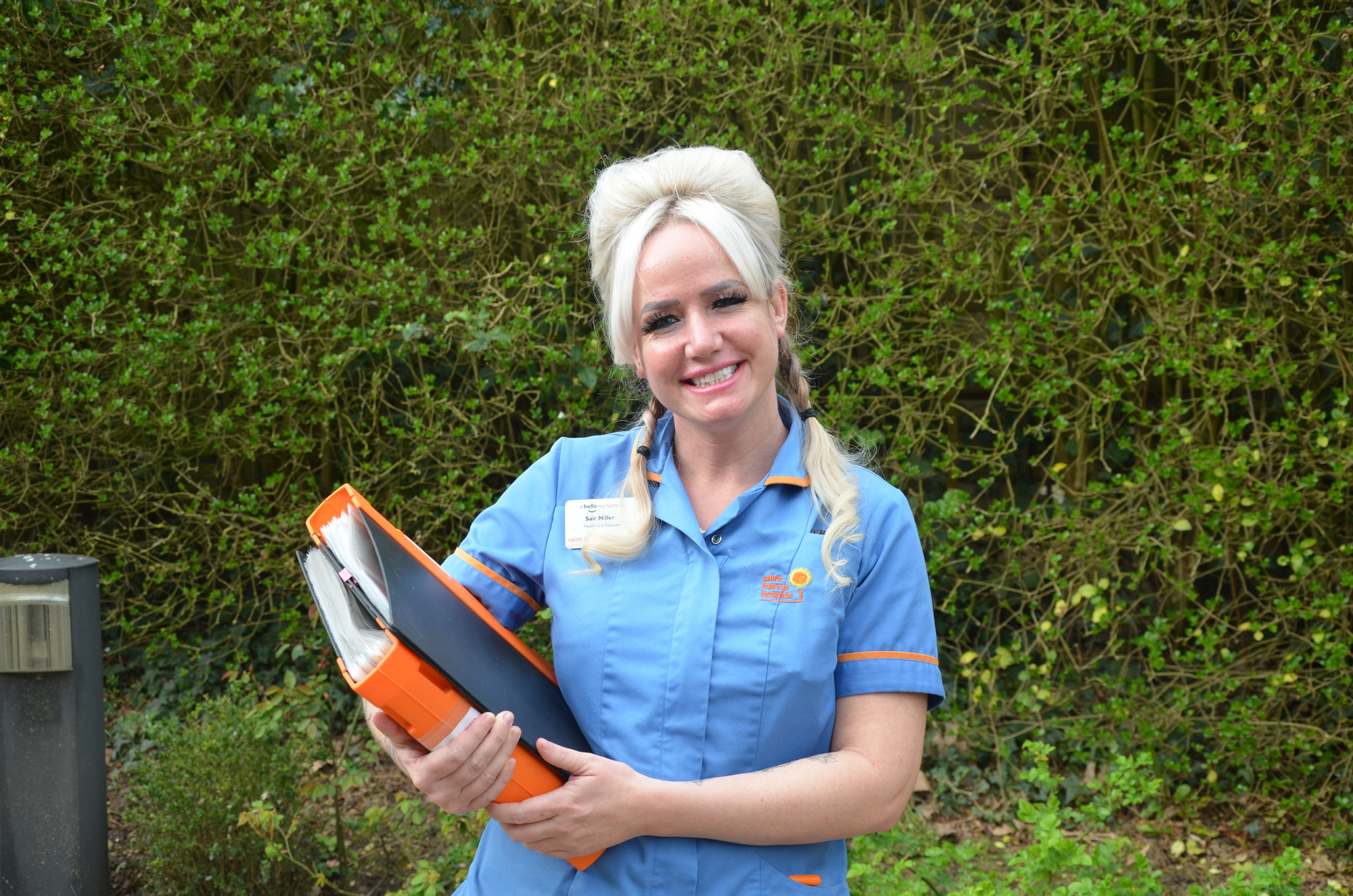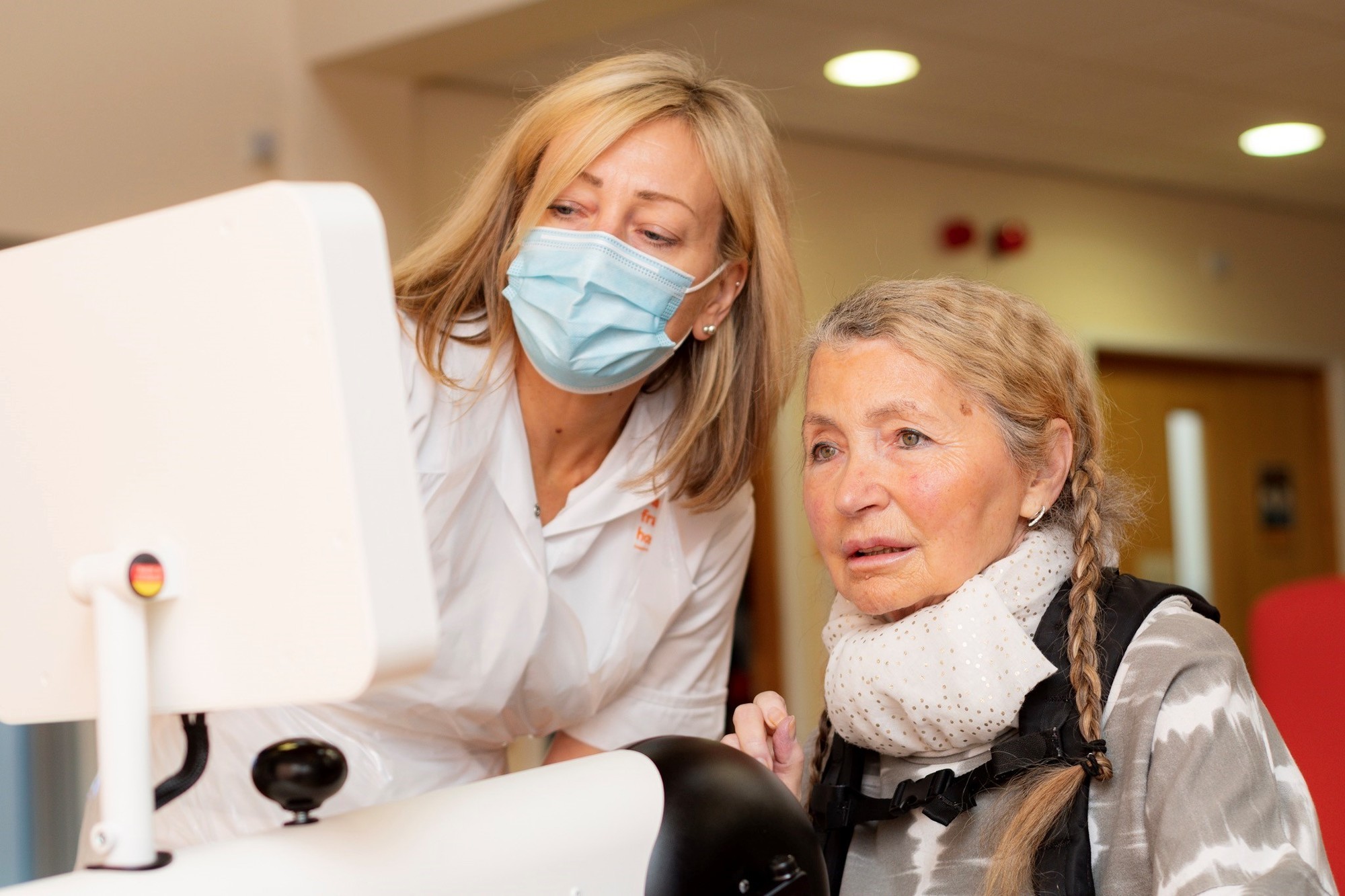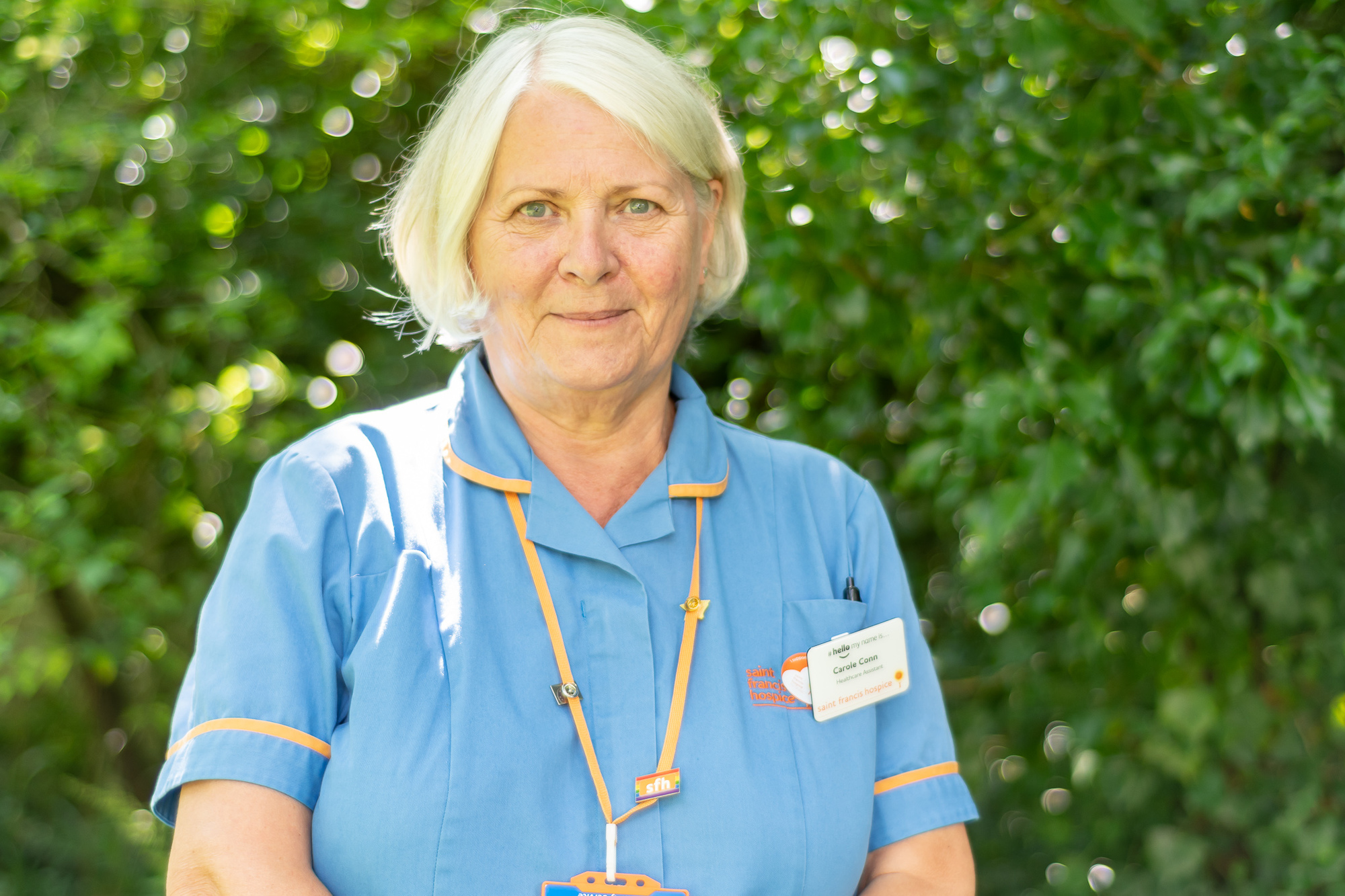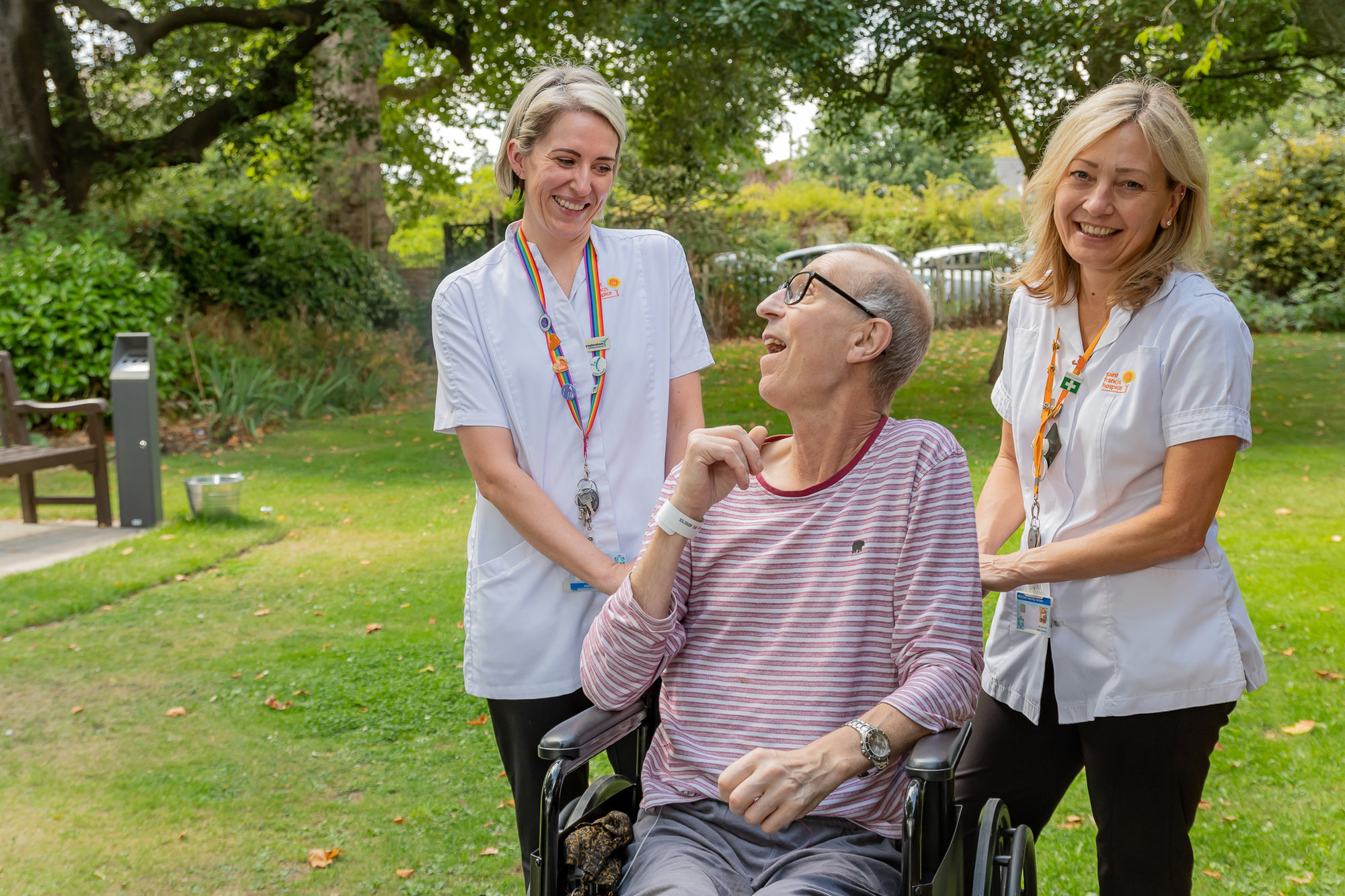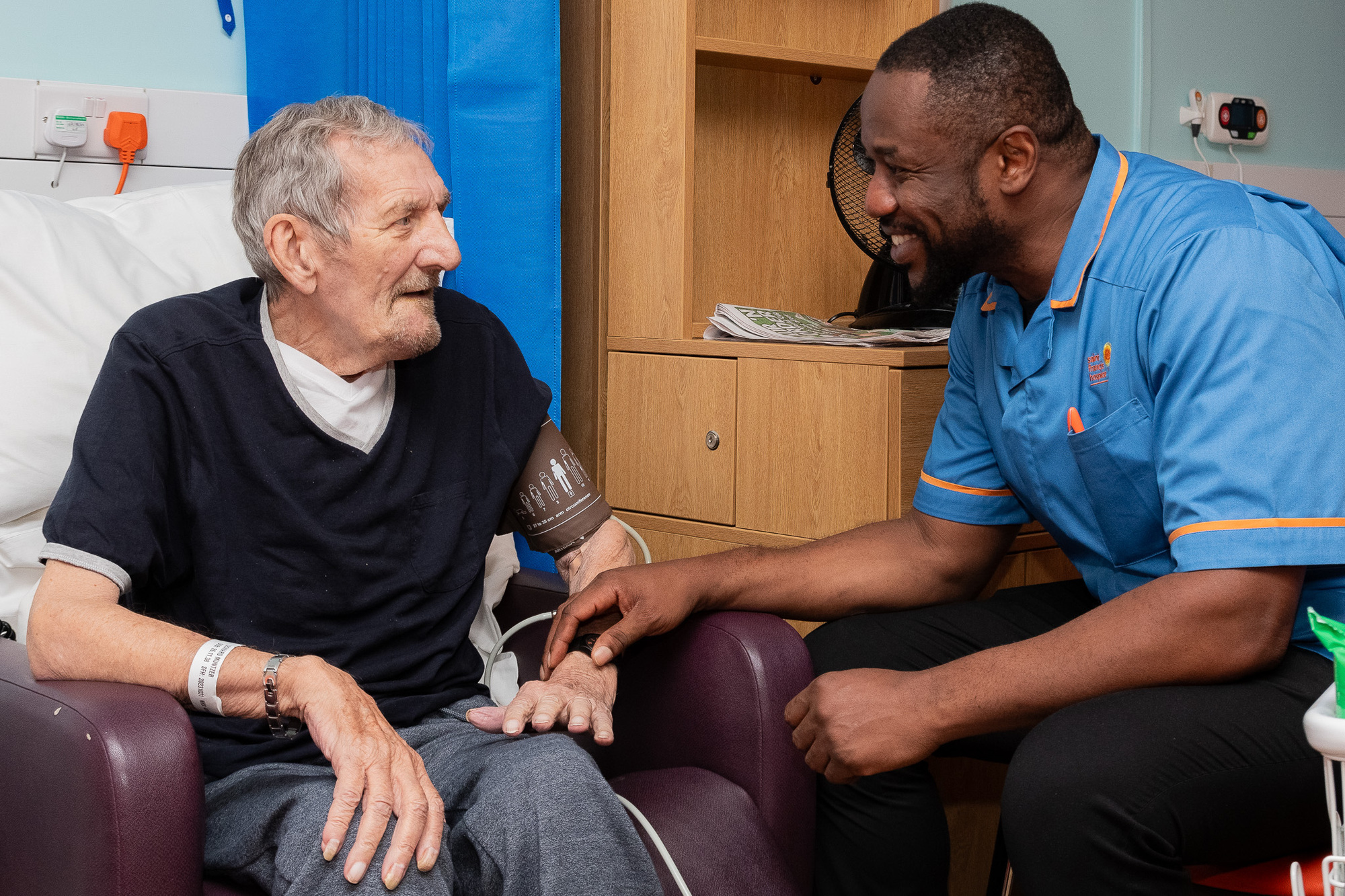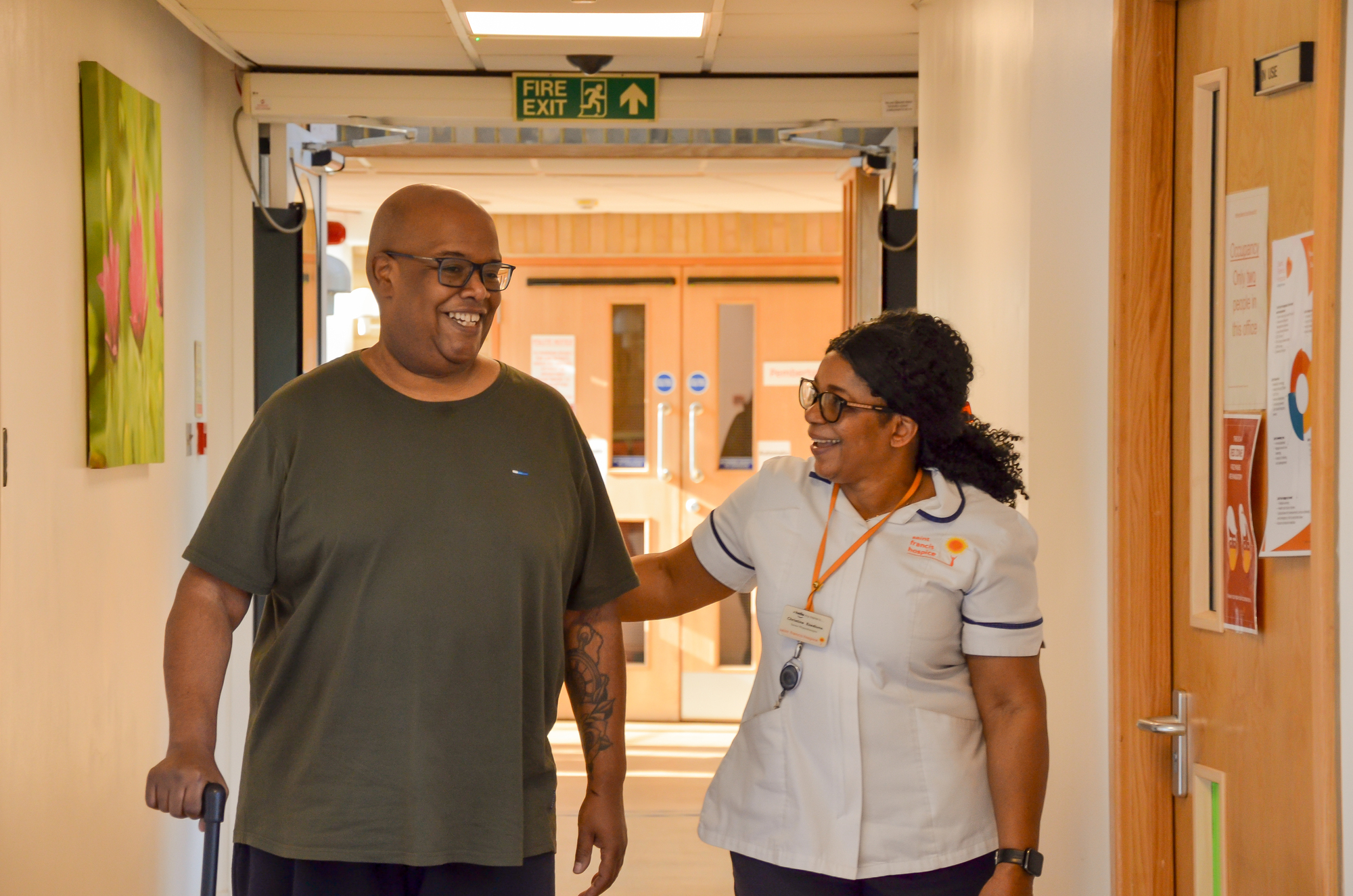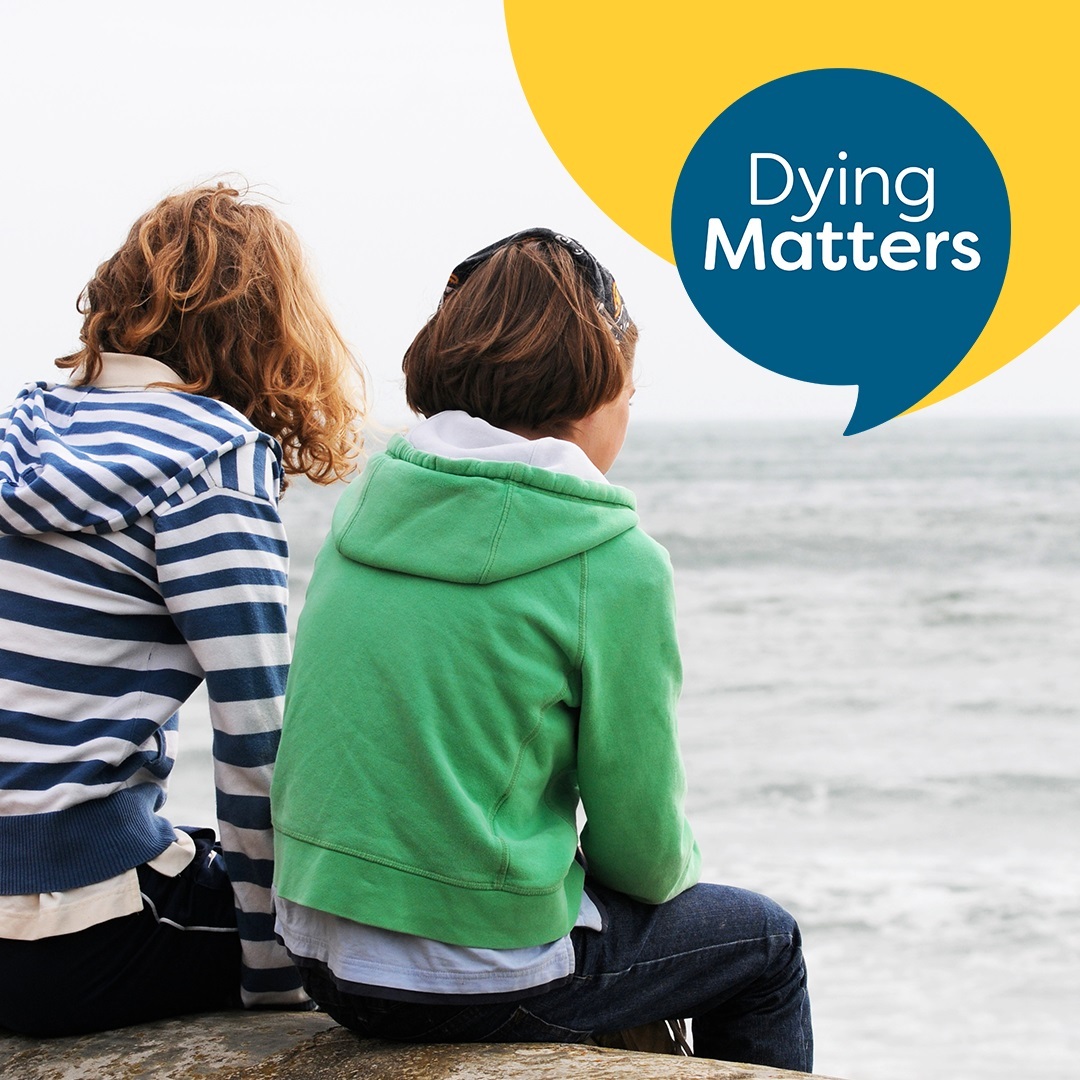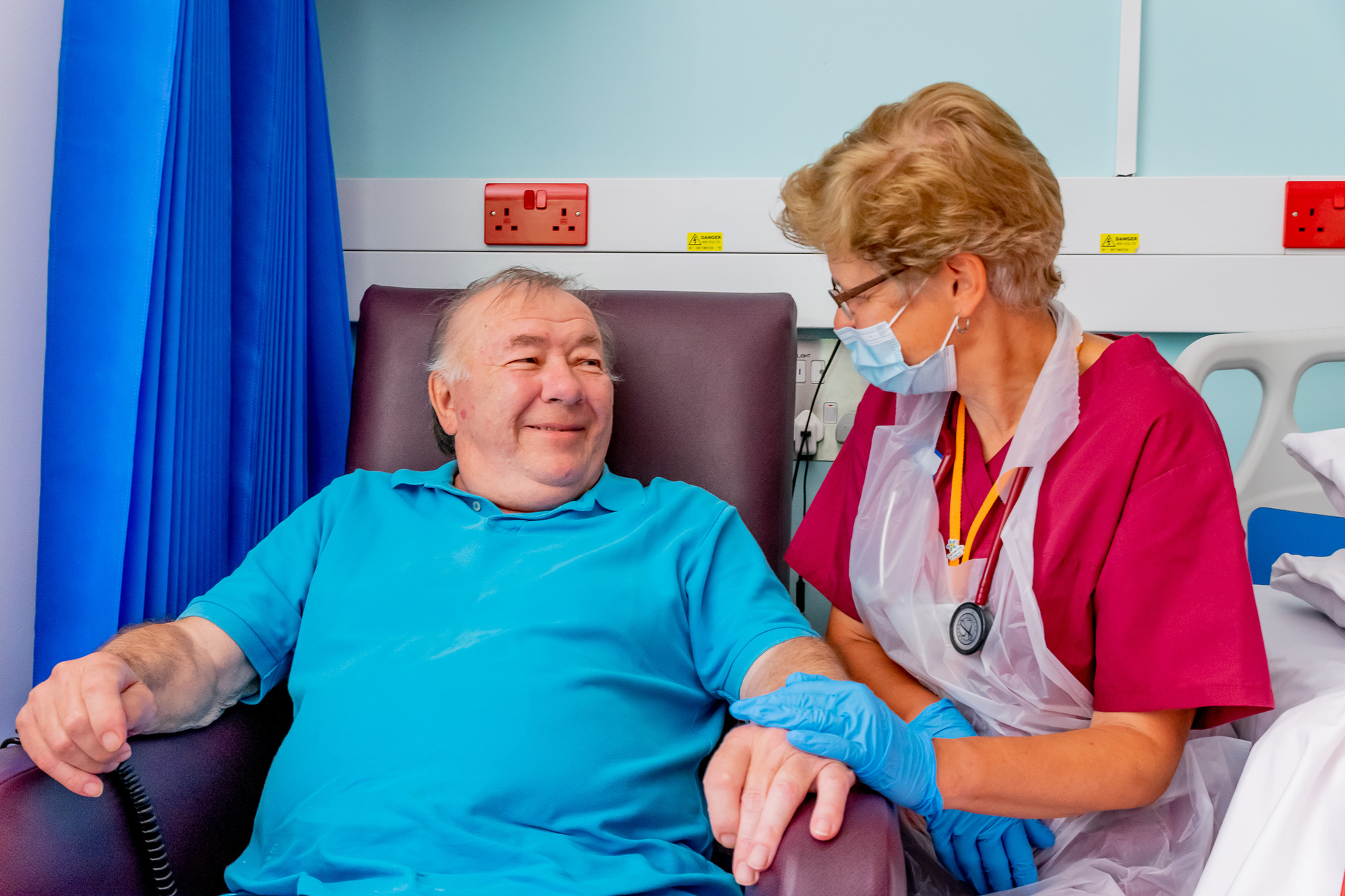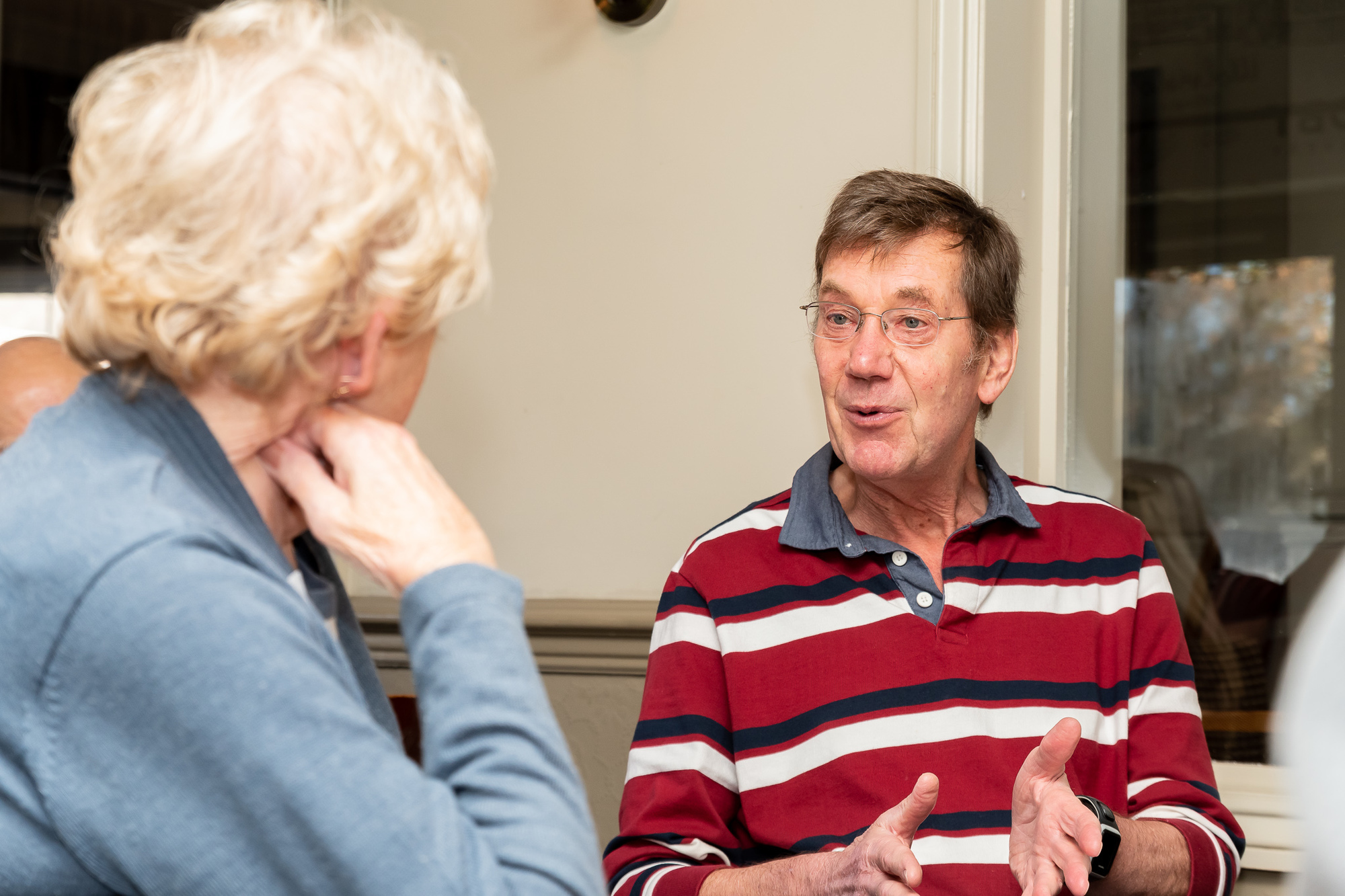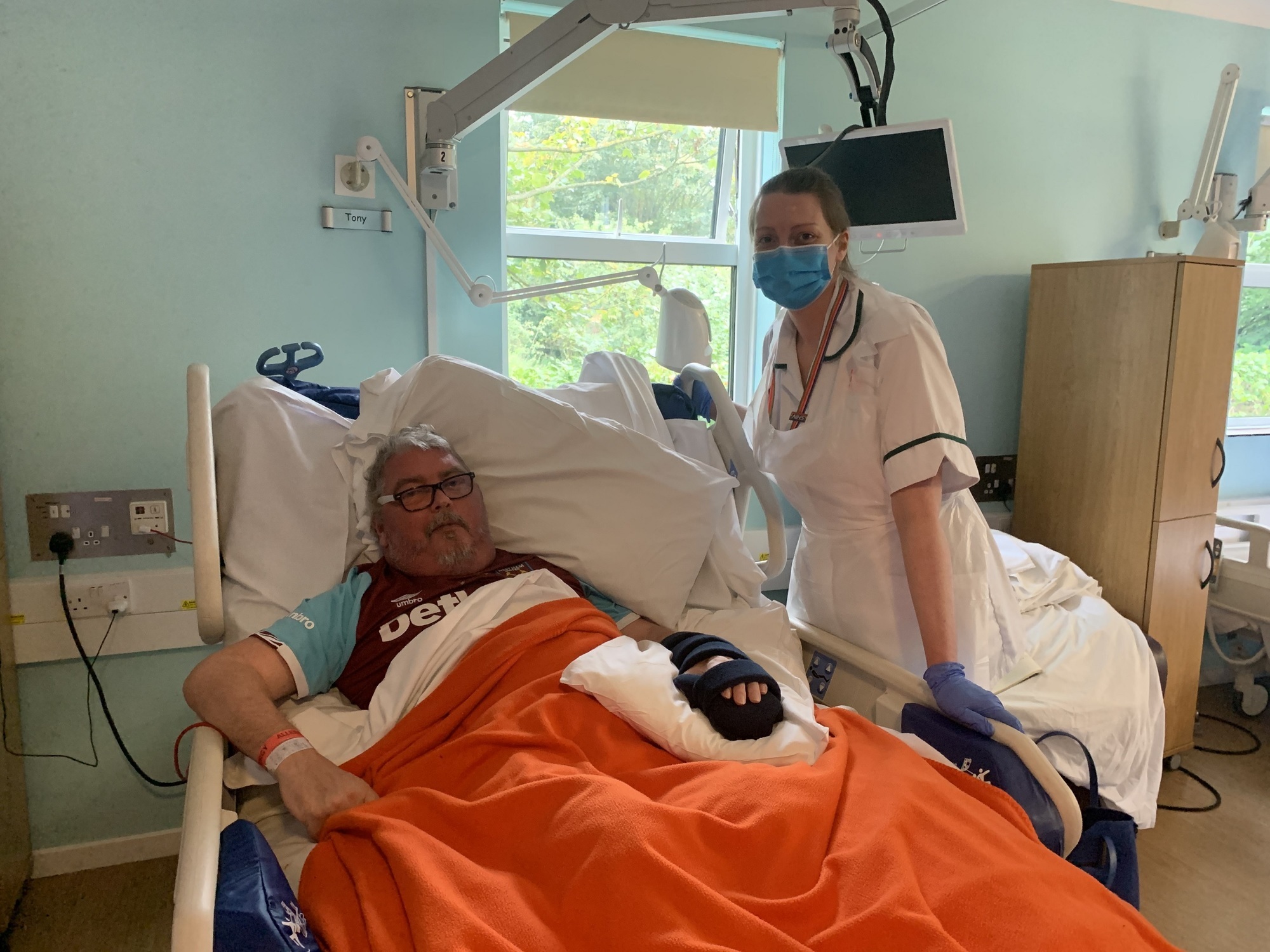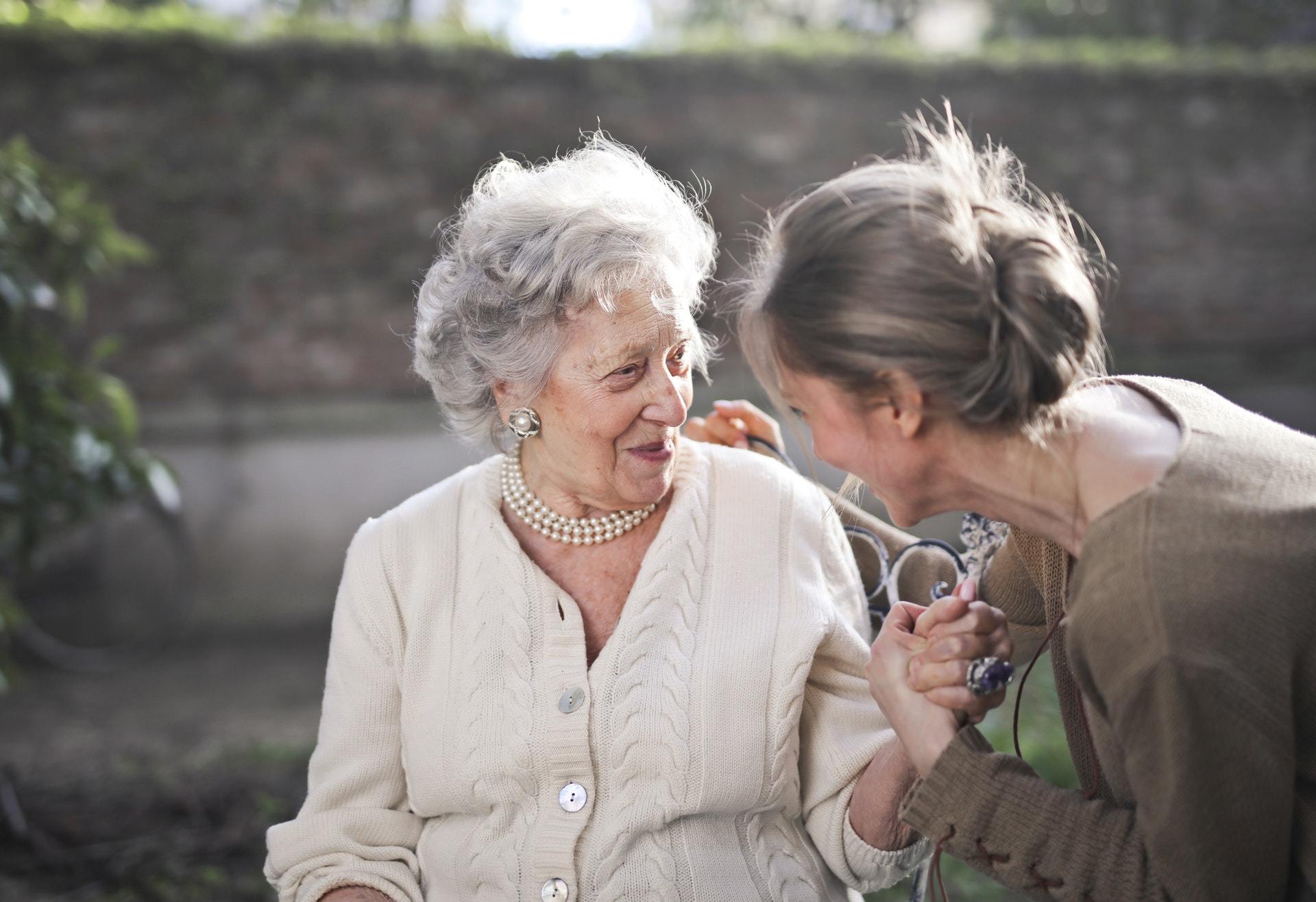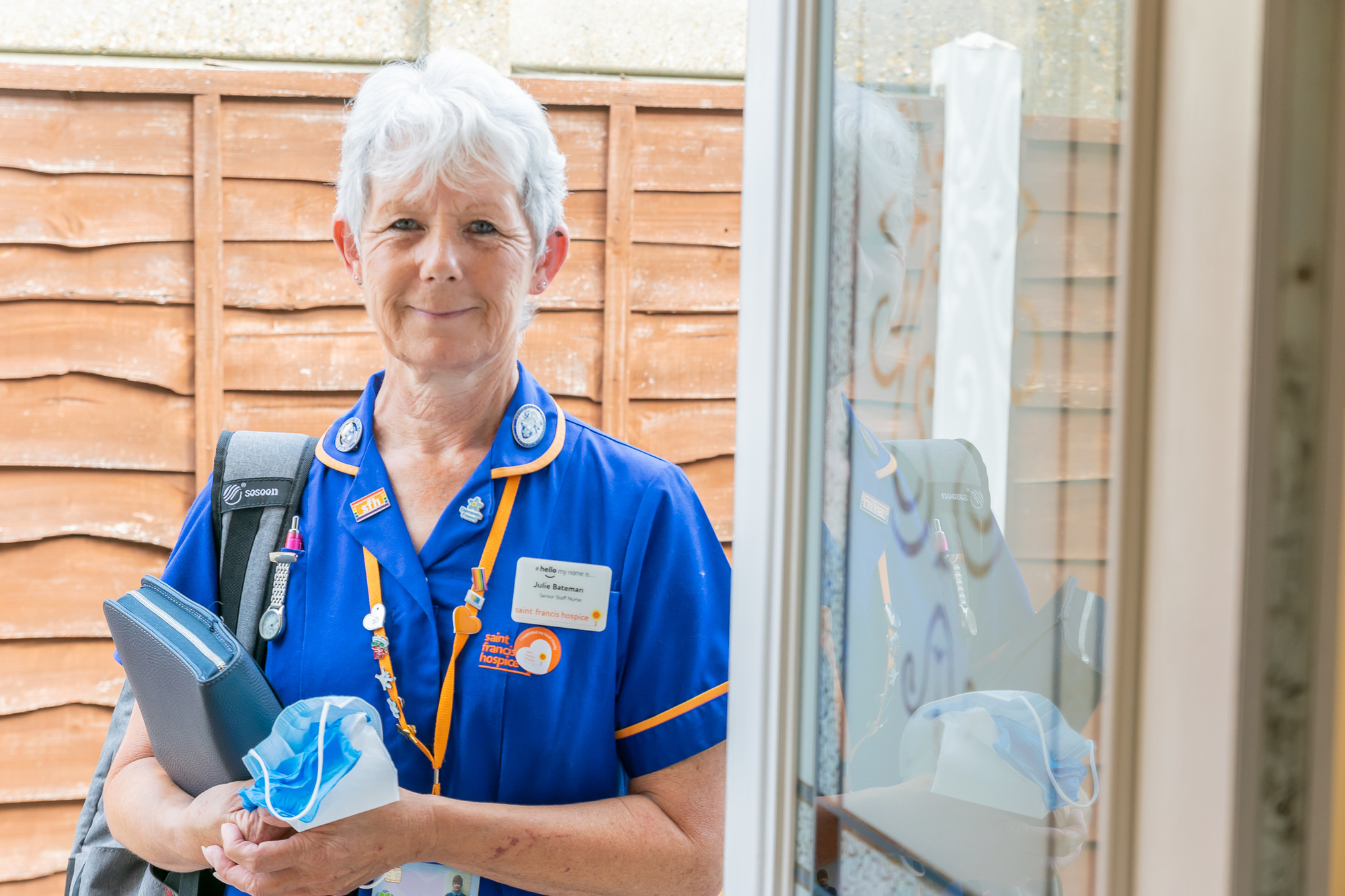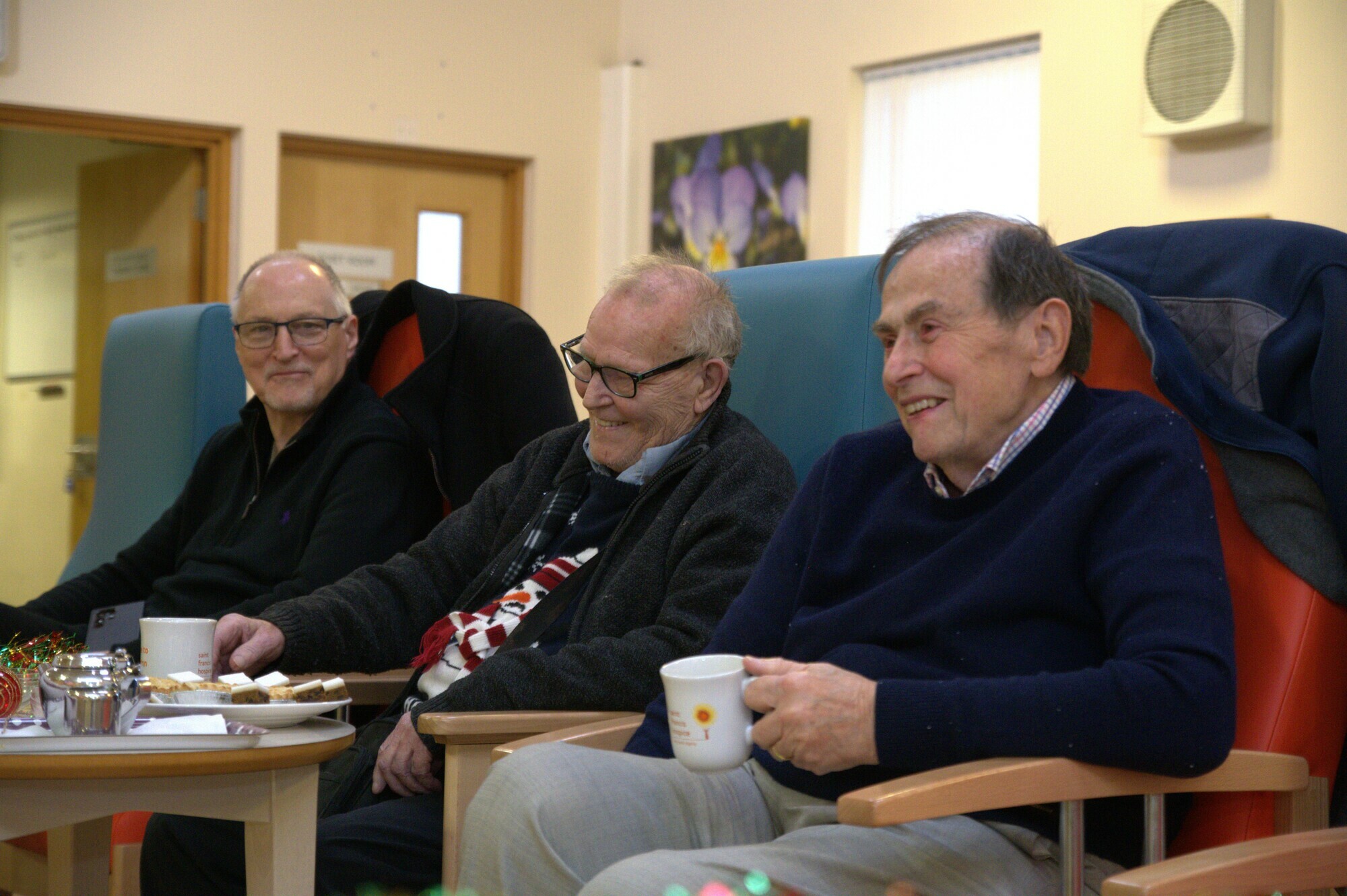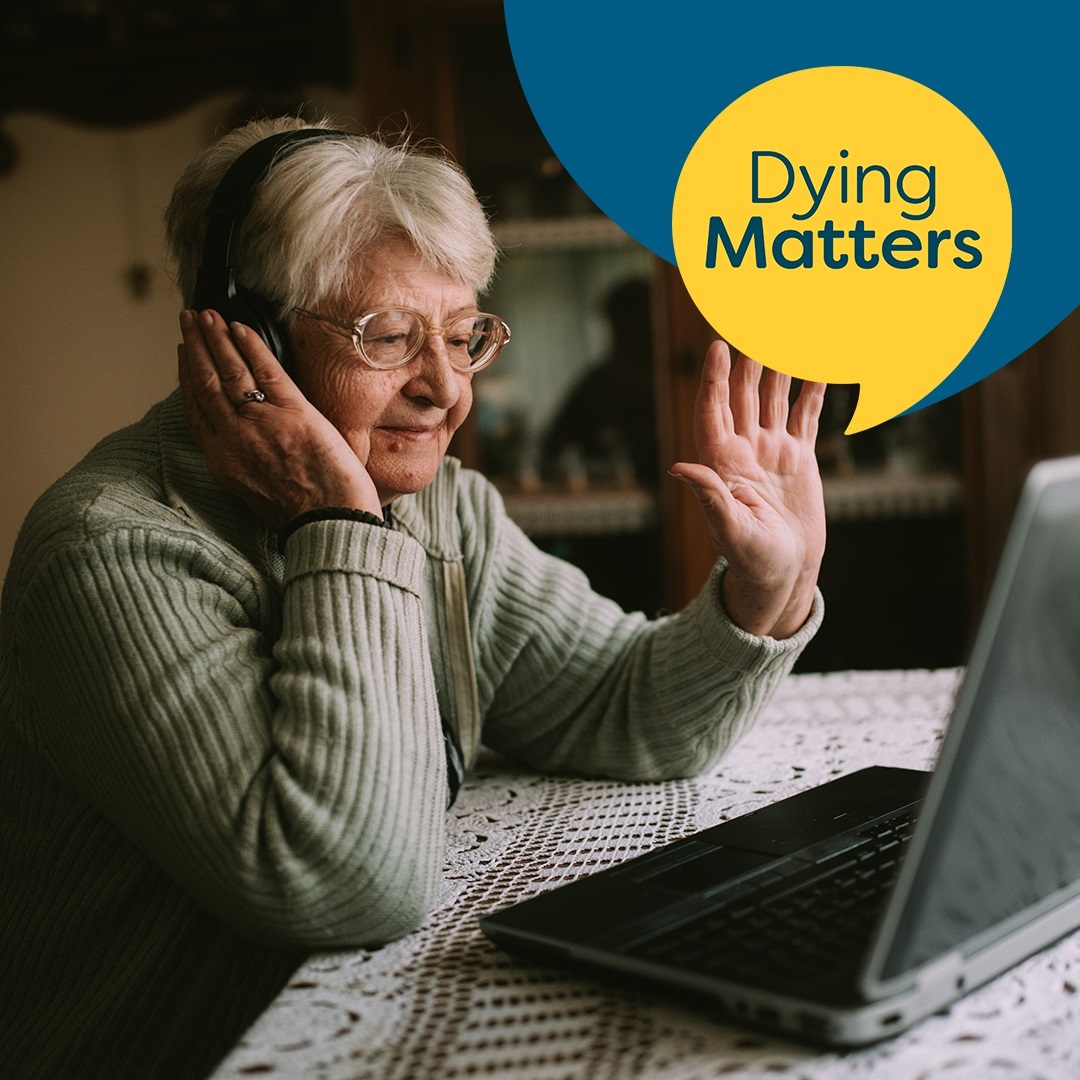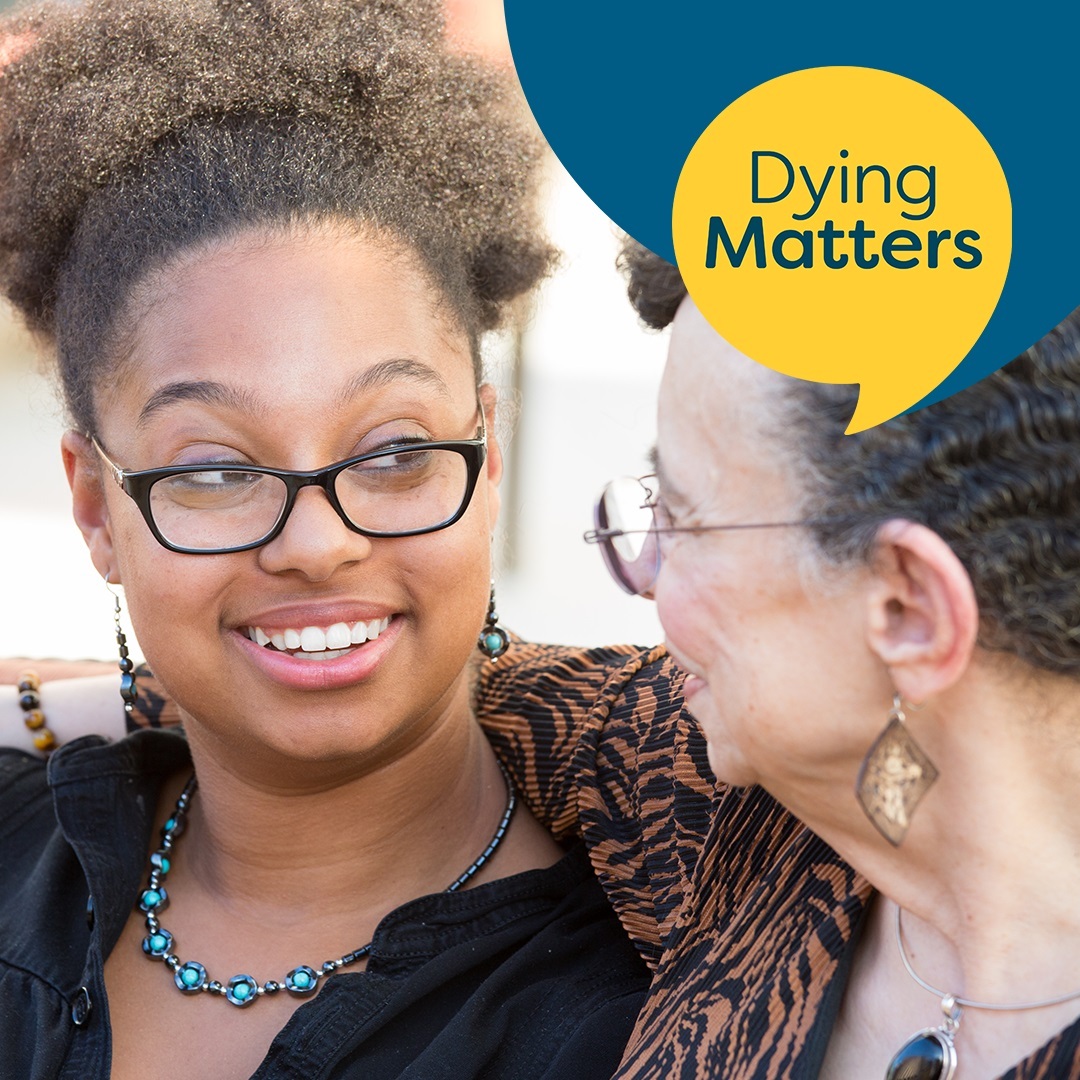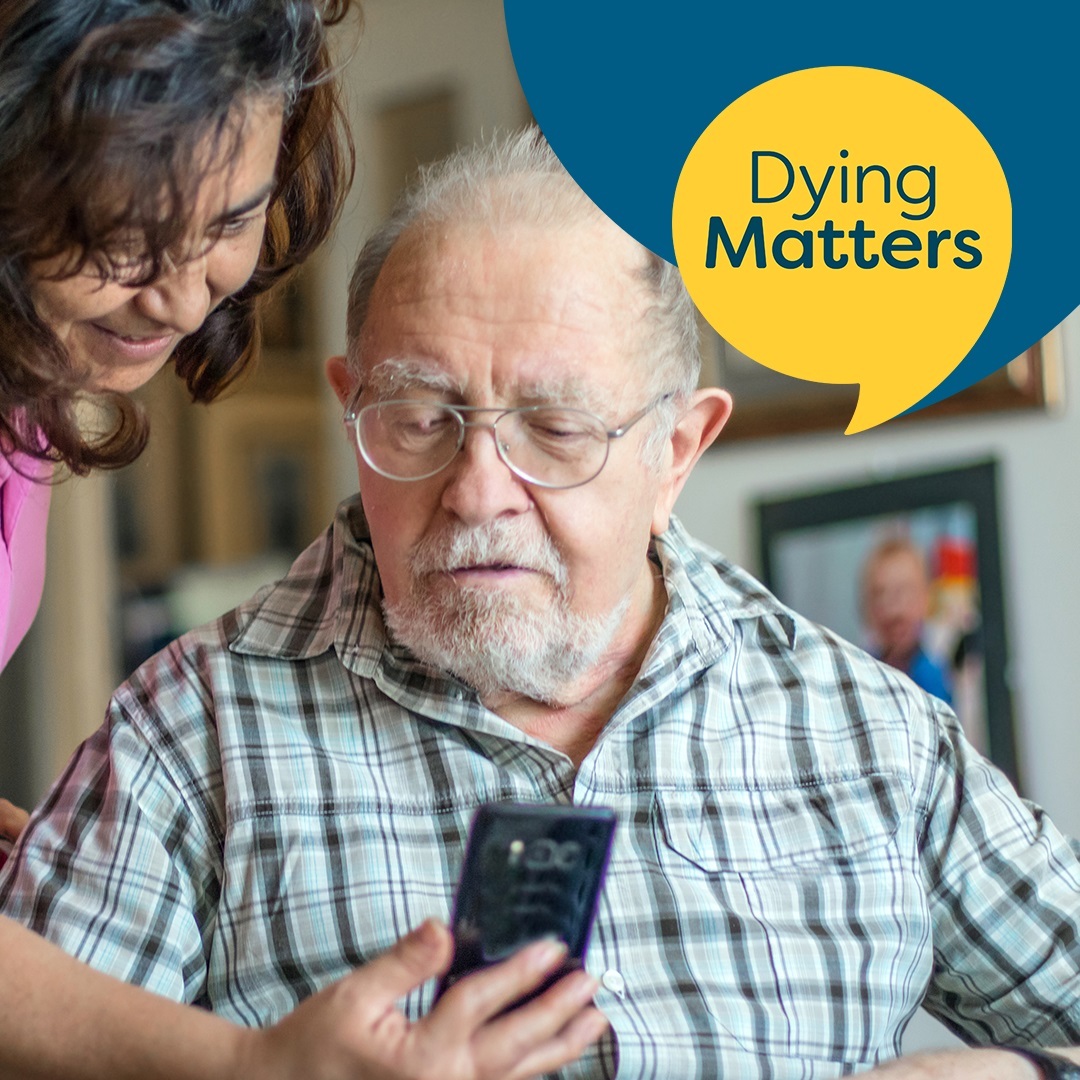Easy Read Guide for Supporting People with Learning Disabilities. Information about Palliative Care Referrals and Support
When someone dies, not only is it a sad and difficult time but there are many things that have to be done. We are here to help you.
BHR AREA: PAN LONDON SYMPTOM CONTROL MAAR CHART V5 SUITE ?" to save or print off the MAAR chart you need.
Find out more about staying on the Hospice ward and everything you need to know about visiting
The Palliative Care End of Life Care Quick Reference Guide is a collaboration between Saint Francis Hospice, other local specialist providers and NELFT to provide Community Nurses/District Nurses, GPs and End of Life Facilitators with best managing symptoms guidance for the last few days of life. It is our Community /District nurse ‘go to’ guide.
Read information about the range of services and support we provide for people with life limiting conditions in Brentwood, Barking and Dagenham, Havering, Redbridge and parts of West Essex.
This guide has been created for people with learning disabilities to help you understand:
what to expect when visiting the hospice
how we can help you if you have an illness that can't be cured
how to speak to your doctor
and what to do if you feel scared, sad or worried.
We can't protect children from death. They encounter it all the time - whether its a mouse brought in by a cat or a grandparent dying. We need to talk to children about dying so myths don't take over and so they don't feel isolated or guilty about what they think.
It can be difficult to know what to do or say to someone you know has lost someone close. People who have lost a loved one need lots of support - even if it doesn't look that way.
NELFT Policy Updated July 2020.
Includes Protocol for the Emergency Deactivation of an Implantable Cardiovertor Defibrillator (ICD) for terminally ill patients in the community who are too ill to return to hospital for the procedure.
If someone who has expressed a wish to donate their corneas dies at home or in a care home, download this document to find out what needs to happen next.
Please read this document for advice and guidance on assessing a patient's suitability for CPR.
Here is a resource with background information and learnings to consider when making decisions about someone's suitability for CPR.
This article offers advice and guidance on when how to approach a conversation with a patient and their family about their suitability for CPR and medical decisions to not resuscitate.
Opioid advice for palliative care patients that can be used to manage pain and breathlessness.
None of us want to think about getting ill and dying. But having a plan makes it easier for you and your loved ones when you are dying.
Talking about death doesn't bring death closer. It's about planning for life and helping us make the most of the time we have.
Providing end of life care for people with dementia is a key part of good quality care, but many people put things off until its too late, often missing opportunities that could lead to an improved quality of life.
We've put together a list of our favourite books that look at the topics of death, dying, and living with terminal illness. We hope you enjoy reading them!



